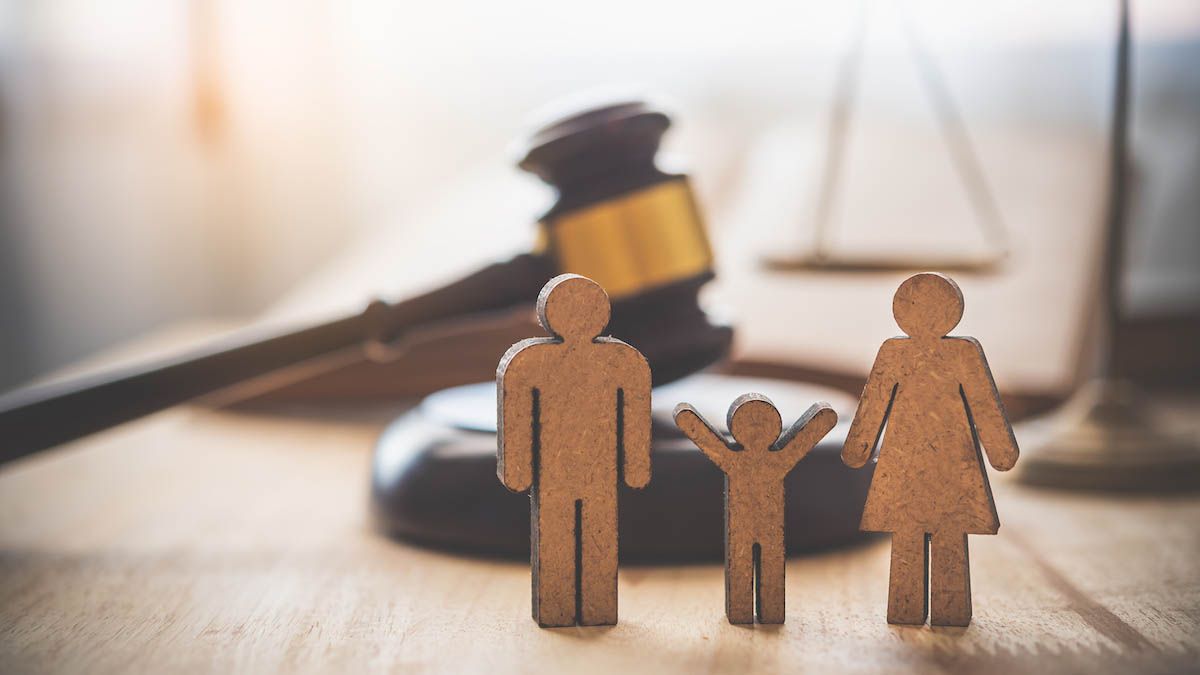Traumatic Brain Injuries: Seeking Compensation and Support
According to the Brain Injury Association of America, approximately 2.8 million people sustain traumatic brain injuries annually in the United States alone. Although there is a wide range in severity, symptoms, and causes, this type of injury can be a life-altering event for an individual and their family.
You may be entitled to financial compensation if you have suffered a traumatic brain injury due to an accident or someone else’s negligence. Discussing your situation with a personal injury lawyer in Portland, like the expert team at Warren Allen, LLP, can help answer your questions and get you started on the road to recovery.
Types Of Traumatic Brain Injuries
As the name suggests, a traumatic brain injury (TBI) is an injury to the brain that affects how it functions. Generally speaking, there are two major types of TBIs. When an object penetrates the skull and damages brain tissue, it is commonly known as a penetrating or open TBI. Open TBIs often occur in accidents involving machinery or vehicles, like car accidents.
A non-penetrating or closed TBI most often occurs due to an external blow or jolt to the head or body that is forceful enough to move the brain inside the skull dramatically. These types of TBIs are more common in falls or sports. In some instances (e.g., natural disasters or serious accidents), an individual can experience both types of TBI simultaneously.
Common Symptoms
The brain is incredibly complex, so symptoms may not appear immediately but might develop or worsen over time. Sometimes, it can take weeks to know the full extent of the injury as the brain and the body work to recover from the initial trauma.
If you are in an accident or experience a blow to the head, it’s always a good idea to see a doctor, even if you’re not showing any symptoms. However, it’s imperative to seek medical help if you notice any of the following symptoms within 24 hours of sustaining a TBI:
- Headache
- Nausea/vomiting
- Seizures
- Vision problems (blurriness, double vision, unevenly dilated pupils, light sensitivity)
- Loss of, change in, or decreased consciousness
- Disorientation or confusion
- Difficulty with memory, concentration, or decision-making
- Changes in mood (anxiety, depression, agitation, irritability, anger, emotional outbursts, unusual behavior, etc.)
- Slurred speech
- Problems with hearing (ringing in the ears or sensitivity to sound)
- Clear fluids from the nose or ears
- Loss of balance, dizziness, lack of coordination
- Weakness in limbs or face
- Sleep issues (excessive or unexplained fatigue, drowsiness, difficulty falling asleep, sleeping more than usual, no energy, lack of motivation, inability to wake up)
- Unpleasant taste in the mouth
Personal Injury Cases Involving Traumatic Brain Injuries
When it comes to the law, the term “personal injury” refers to physical or emotional pain, suffering, or harm resulting from someone else’s negligence or an accident that was not your fault. Many different events can result in a TBI, so if you have been involved in one, you might have a personal injury case.
Some of the most common incidents causing a TBI can include the following:
- Vehicular accidents: including cars, bikes, motorcycles, trucks, boats, etc. TBIs may happen from a collision between vehicles, being thrown from a car, or if you are a pedestrian or a cyclist struck by a vehicle.
- Slip and fall accidents: especially if the fall includes hitting your head on a hard surface.
- Accidents in the workplace: head injuries are common at construction sites or when working with heavy machinery.
- Sports or recreational activities: contact sports like football or roller derby and recreational activities like skiing, snowboarding, dirt bikes, or mountain climbing can result in collisions, impacts, falls, and other head injuries.
- Medical malpractice: mistakes in medical procedures or other issues while under a doctor’s care can sometimes result in a TBI.
- Defective products: when a product like a bike helmet or a car seat is faulty, the user might suffer a TBI when the product does not protect them as it should.
- Dog bites: A TBI might occur if a dog attack is severe, especially if the dog bites the face or head.
- Premises liability or negligence: if a head injury occurs at a business or even a private property, the property owner might be held responsible if adequate and appropriate safety measures (e.g., warning signs about falling rocks or slippery surfaces, railings, etc.) were not taken.
As previously noted, seeking medical help and documenting all symptoms, diagnoses, and treatments is essential if you experience a TBI, no matter the precipitating cause. As brain injuries often have long-lasting or permanent effects, a medical professional should evaluate the extent of your injury and discuss treatment options and what types of impacts you might expect in the future.
How To Get Compensation For A TBI
When you meet with a legal expert, like a personal injury lawyer in Portland, Oregon, at Warren Allen, LLC, they can evaluate your situation, help you build your case, and seek compensation, if warranted.
In general, a personal injury lawyer will assist you in:
- Establishing negligence – usually, you must demonstrate that you were injured due to someone else’s fault or negligence.
- Collecting evidence – gathering together as much evidence as possible, including medical records and diagnoses, accident reports, surveillance footage, eyewitness statements, prescriptions, doctor’s notes, treatment plans, pictures of injuries (like dog bite marks) or locations, etc., can all be helpful for your case.
- Determining damages – a legal expert will be up-to-date on the amount and type of compensation you might be eligible for, such as loss of income, emotional distress, pain and suffering, any physical rehabilitation or long-term care you might need, therapy, counseling, medical care, reduced quality of life, etc.
- Representing you in negotiations, settlements, or litigation – whether working with insurance companies or other parties involved in an accident, your attorney can best negotiate on your behalf and present your evidence. Parties often prefer to settle out of court, but should your case go to trial, a personal injury lawyer can represent your interests and work for fair compensation.
- Appealing an unfavorable verdict – if a judge rules against you, your attorney can help you navigate the court system to file an appeal, if appropriate.
Once the court rules in your favor, you will receive financial compensation. This compensation often comes through the other party’s insurance company but sometimes comes in a structured settlement or payment plan rather than a lump sum.
TBI Information And Support Groups
Dealing with some of the long-term consequences of a TBI can be expensive and emotionally draining for individuals and families. Thankfully, some federal and state resources are available that provide additional support. A quick Google search can point you toward many different resources, but the following are some places to start.
The Centers for Disease Control and Prevention lists where to get help in your state. The organizations listed provide helpful information about what to expect when you have a TBI, fact sheets, support groups for individuals and families, and other resources as you recover.
Financial Assistance
Suffering from a TBI can be a financial burden. Many families require outside financial assistance between medical bills, ongoing care, lost wages, or an inability to work. Federal assistance might be available through the Social Security Disability Insurance and Supplemental Security Income programs.
Benefits.gov is a free website that allows you to search through over one thousand government programs to see if you are eligible for financial benefits and assistance.
Other Assistance
Each state has its own Department of Rehabilitation or Department of Vocational Rehabilitation Services to help residents with disabilities, including brain injuries, find employment and access resources. The Job Accommodation Network provides contact information for each state office. You can apply in person or online. If accepted, you can work with a case manager who will assist you in seeking employment suitable for you, choosing the best doctors for any long-term care you need, finding appropriate housing, accessing resources to help you live independently, and providing educational resources about your TBI for family members and coworkers.
If you have suffered a TBI due to an accident or someone else’s negligence and want to talk to a personal injury lawyer in Portland to see if you have a case, contact Warren Allen, LLP today. We have years of experience dealing with all types of personal injury cases. Let our team be your team!









